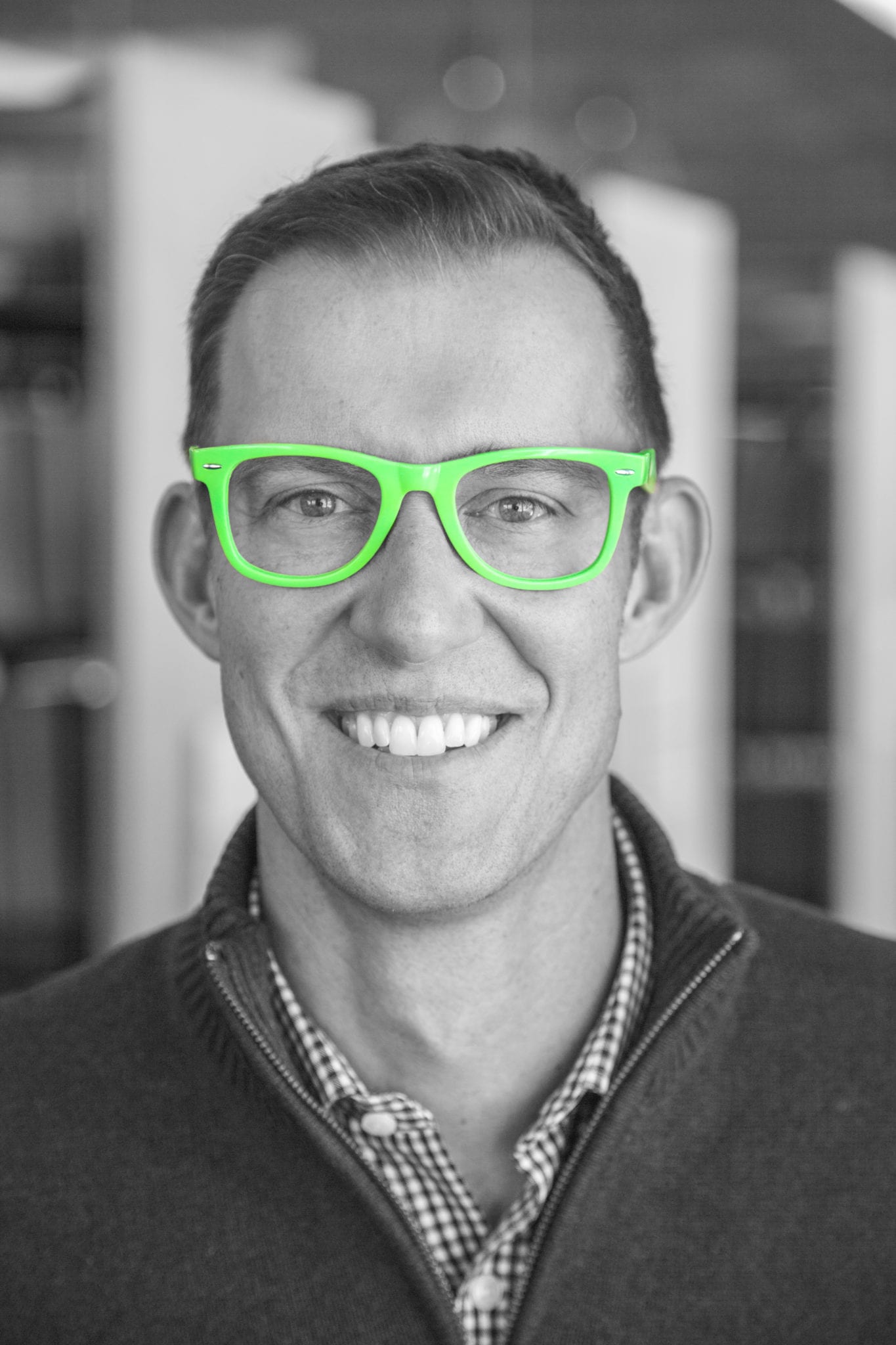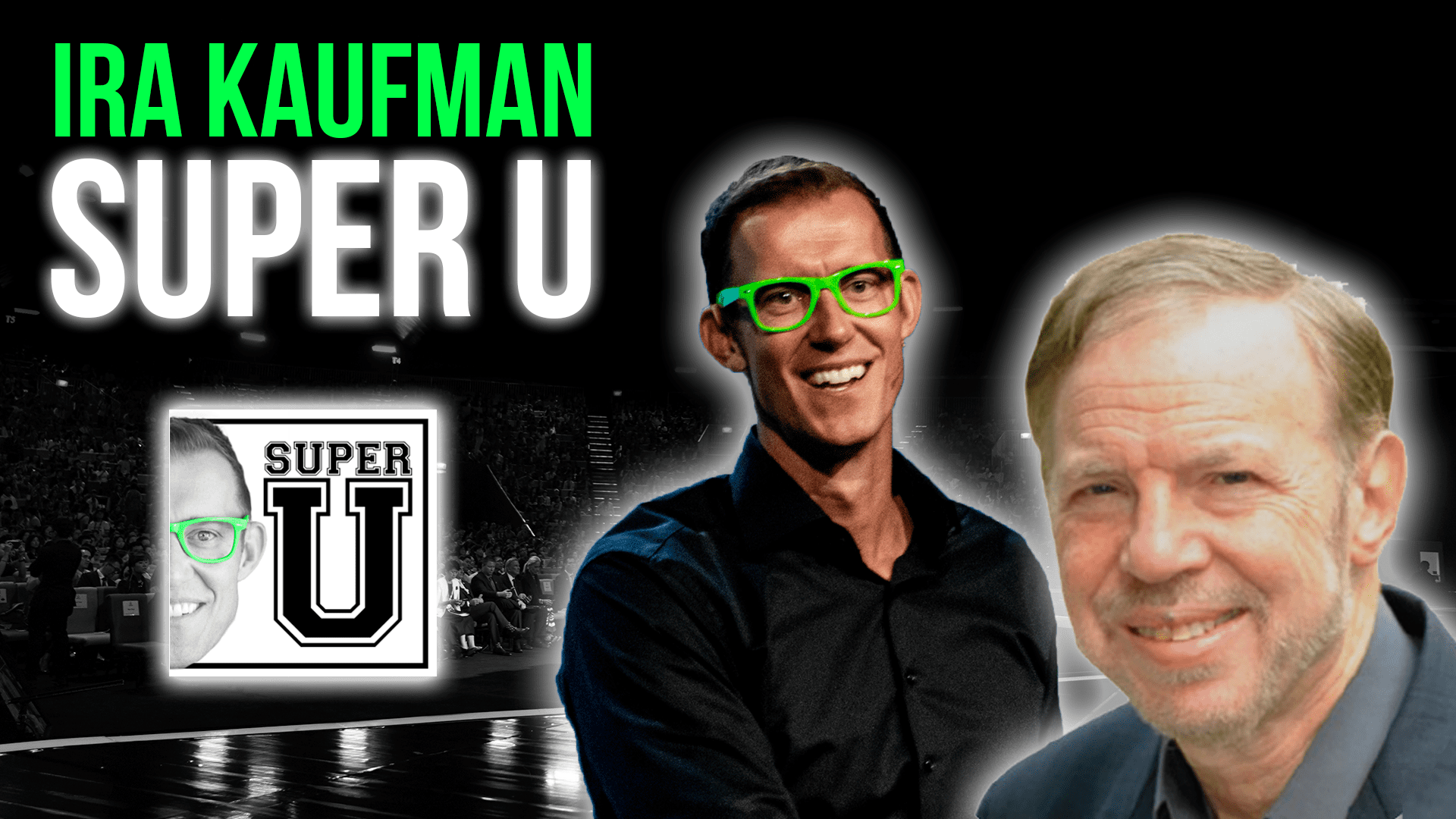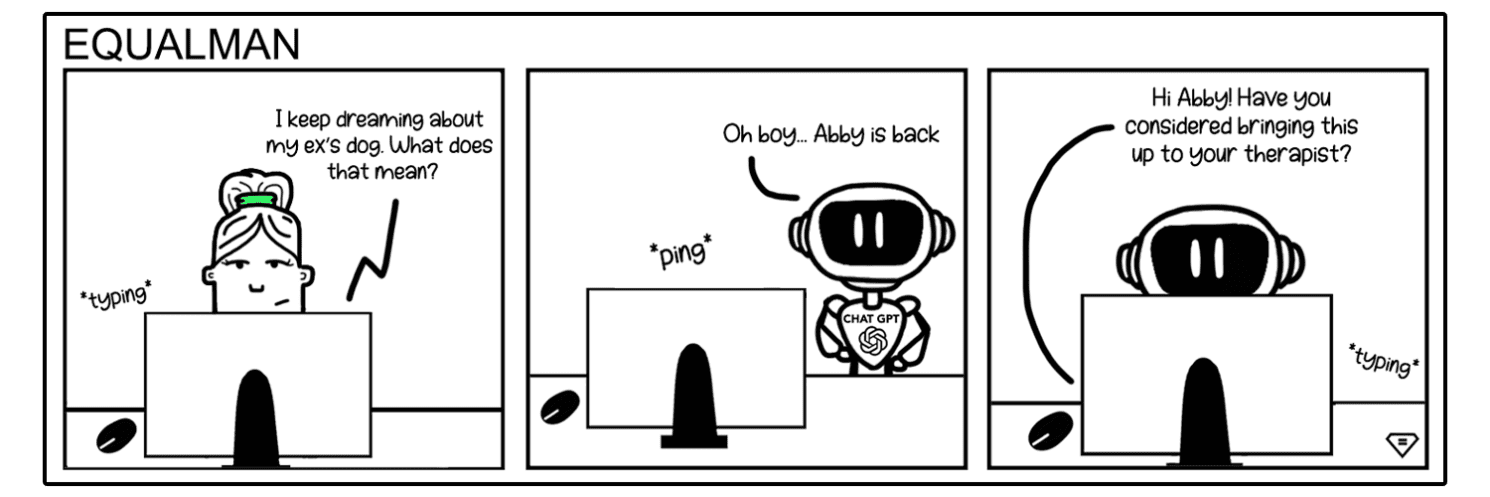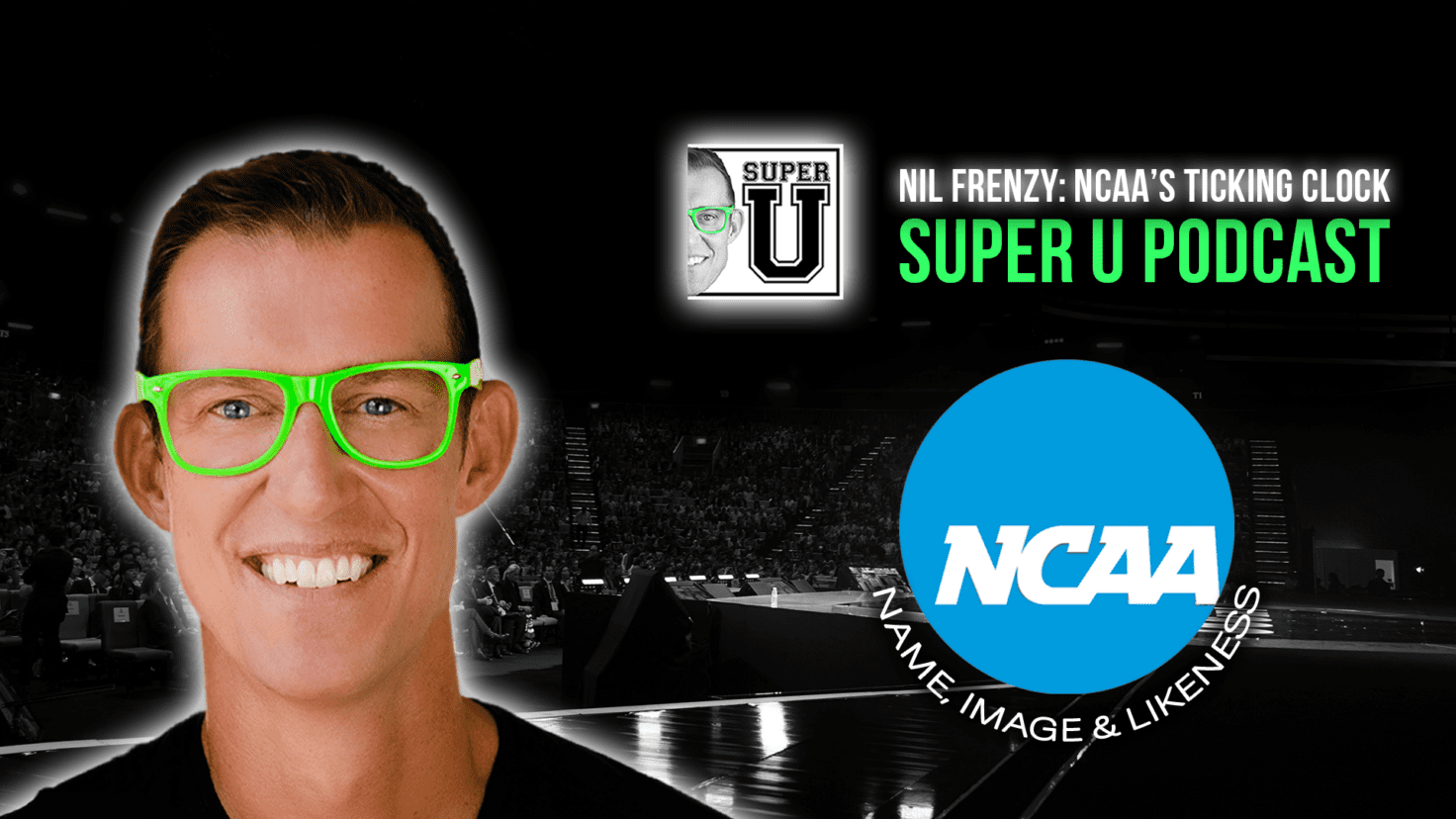Super U Podcast | Ira Kaufman
Our new episode of the Super U Podcast is live! The Super U Podcast delivers curated tips from top performers and thought leaders to help unlock and unleash your inner superpower. This week’s episode features tips from the author of Digital Marketing with Purpose, Ira Kaufman. Click here to subscribe to the Super U Podcast. Need a sneak peek? Below are the main takeaways from the episode.
Note: Because of issues during recording, the audio quality of this episode is less than perfect. Bear with us and enjoy!
Super U Podcast | Ira Kaufman:
[02:56] Find Your W-H-I
It’s interesting, because once you get into this, whether it’s business, whether it’s personal, it always goes back to what’s that core essence. And one thing I always like to ask is, what’s your word, so they do an exercise. And for all you listeners out there, you’ve probably done this before when I’ve asked you, but it’s just, if someone were to Google your name right now, what’s the one word you want to show up? What do you want to show up five seconds now, five years, 50 years, 500 years from today? And then I implore the audience to take that word, and then you take it to a sentence level. And so that framework for that sentence level should be in the form of two blank so that and so if your word, my words and power, and so a lot of you listeners out there, that might be a word, but your sentence will be different. So my goal is my sentence is to empower people to their best life so that they can inspire others to do the same. And it works for companies to the framework we use for companies is whether you’re a small business or fortune 500 is to kind of get your why but not your w-h-y, but W-H-I and so the three questions you always want to be able to answer are, what’s the mission of the company? How do we differ from the competition? And then if we went away tomorrow, what’s the loss to society? That last question is huge. If we want to wait tomorrow, what’s the loss of society? It’s huge for Generation Y and Generation Z, and now generation alpha as they enter the workforce because they want to know, what’s the purpose, exactly what you just mentioned? What’s the purpose? What’s the point? And so that’s somewhat of a new thing. At least it’s about service. Now. It’s always been there for as you know, for many years for decades, but now it’s above the surface.
[4:40] I’m sure you’re familiar with the studies that say about 84% of digital transformation. Efforts fail. And last year it cost our US global company some $900 million, that’s an incredible amount of wasted money. Why do you think that happens?
Well, I think, I don’t know if it’s a waste, I think it’s education. So I think that money is education. It’s like Thomas Edison many centuries before 1000 ways to make that live ball. So 1000 ways, I learned that I did not make the light bulb. And so I think that covers, they’re doing well to invest a lot of money in that education. And they’re saying that it’s not, they’re not going to get it right, the first time. The worst thing to do though, is some companies that I go into, they kind of pull the band-aid off, and then put it back on, pull it off, put it back on and across the street halfway, then they turn around and go back. That’s when you start to get in that waste. So you’ve got to have the conviction and the confidence as an organization. When you lose that money, especially at the beginning, you got to remind yourself that pioneers always get pushed back, it was easy, it already be done in that you’re just invested in your education, as long as you’re learning from your failure, because a lot of people say, you know, failure is part of the process. What it is, but they don’t understand is you need to evaluate that failure which in our DNA as human beings. We don’t want to do that. It’s hard to have those conversations and sit down and go, Timmy, chill What happened? What happened? That was a disaster. You know what happened there. And if you talk with Sara Blakely, the founder of Spanx, her father always asked her when she got home from school, would you fail out today. And so as a company, if they have that DNA taught her to go out and fail, and that’s how she’s able to start Spanx through a lot of failures to get there. But it’s really about having that conviction to not go halfway across the street. But when you lose those millions, and sometimes billions of dollars to keep going down that road, that’s education, learn from it, evaluate that failure, and then fail forward.
[11:40] The most important part of adding a catalyst is what you do is you decrease the amount of activation energy, or the amount of resistance there is to change the product, or in our case, changing a political candidate or changing or buying a new brand.
So if you can figure out a way by adding a catalyst and new catalysts to a transaction, which decreases the amount of resistance or the amount of activation energy for somebody to buy it or adopt it, we have a new, incredibly new marketing formula. So guess what our new catalyst is Eric, what is that? We call them the four test values, trust, empathy, sustainability, and transparency. Empathy is one of them. So if we make a trust, as one of the catalysts we add that to the product mix, say if we had if we were having an election in the United States, and the political candidate was the most trusted, one of the plural candidates was the most trusted PLO candidate? Do you think they would have to spend as much money and as many resources convincing people how great they work if everybody if had a 95%? Trust rich? Of course not. Because you use that catalyst as a venue for increasing receptivity and decreasing the amount of activation energy. And its second area of development in photolysis? Is the thing you’re extremely familiar with is increasing the heat? Well, how would you create the increase the heat in a product launch or presidential election? How would your social media, increase the buzz, increase the interactivity. So you increase the heat, you put values into the model, and you create a different kind of what we call catalytic transformation. And the catalyzer is different from the leader, the leader currently is protecting or controlling their environment, using old power to maintain the control of their position and their authority. And the catalyze is dedicated laser focus on radical collaboration and trying to use trend really trying to incorporate their values, digital emerging technologies, and human-centered best practice best practices to create sustainable change and measurable social impact.
About Ira
Ira Kaufman, Ph.D. is a Transformation Strategist, CEO, Social Entrepreneur, and Educator. For 50 years his passion is building human-centered enterprises (for-profit and nonprofit). Ira’s management experience spans three worlds: business, nonprofit, and education. He challenges current leaders and emerging entrepreneurs to reinvent business models to address the five converging crises we face today globally. Drawing upon the strengths of Rising Voices (Next Generation, Women, Marginalized), he reimagined a leader as the Catalyzer who transforms Love of Purpose into a Power that catalyzes the impact of organizations and businesses. His company, Entwine Digital, works with mid-size organizations and multinationals to design values-based, social impact-driven digital marketing, and transformation strategies. As a co-founder of the Global Transformation Corps, he inspires Catalyzers across generations to collaborate on enterprises that support a more harmonious planet. He co-authored and EmPower Us! From Crisis to Strategic Harmony (2020); Digital Marketing with Purpose (2021- 2nd edition)
Connect with Ira Kaufman
Email: [email protected]
Website: www.EmPowerUs.world

To ensure you don’t miss future episodes, subscribe to our podcast by clicking here >> Super U Podcast. We hope these tips help unlock and unleash your inner superpower!
The Super U Podcast is hosted by #1 bestselling author and Motivational Speaker Erik Qualman.





